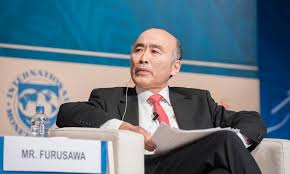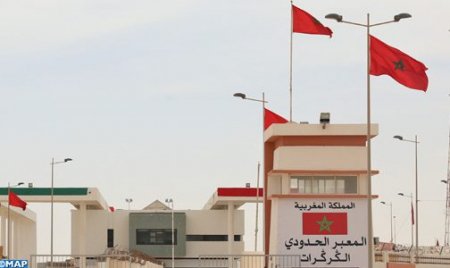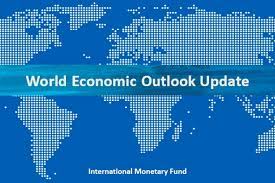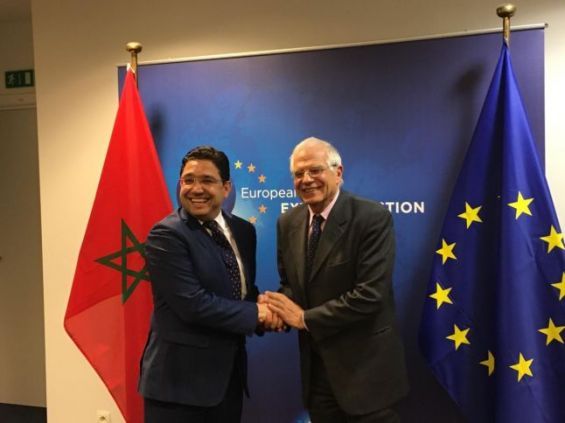 Despite unfavorable regional and international conditions, Morocco’s economy is making strides in terms of reducing fiscal and external vulnerabilities, said Mitsuhiro Furusawa, IMF Deputy Managing Director and Acting Chair of the Board.
Despite unfavorable regional and international conditions, Morocco’s economy is making strides in terms of reducing fiscal and external vulnerabilities, said Mitsuhiro Furusawa, IMF Deputy Managing Director and Acting Chair of the Board.
“Despite the difficult global and regional environments, Morocco has made significant strides in reducing fiscal and external vulnerabilities and addressing medium-term challenges,” Furusawa was quoted as saying in an IMF statement issued following the Executive Board meeting on Morocco during which a two-year arrangement for the Kingdom under the Precautionary and Liquidity Line (PLL) for $3.47 billion was approved.
“External imbalances have declined substantially and fiscal consolidation has progressed, while policy and institutional frameworks have been strengthened, including through the implementation of the new Organic Budget Law, the adoption of the civil service pension reform, and ongoing improvements to financial sector oversight,” he went on to say.
Yet, several downside risks are yet to be addressed, Furusawa highlighted. These are related primarily to the heightened geopolitical and security risks, a protracted period of slower growth in Morocco’s main trading partners and the volatile global financial conditions which could significantly affect the economy through higher oil prices, disruptions to export and tourism revenues and remittance and capital inflows, or higher borrowing costs.
In this context, the IMF official noted that the PLL arrangement would serve as a valuable insurance against external risks and support the authorities’ economic policies.
He advocated Morocco to continue on the path of reforms to further improve the business climate, competitiveness and the labor market policies with a view to increase potential growth and reduce unemployment levels.


